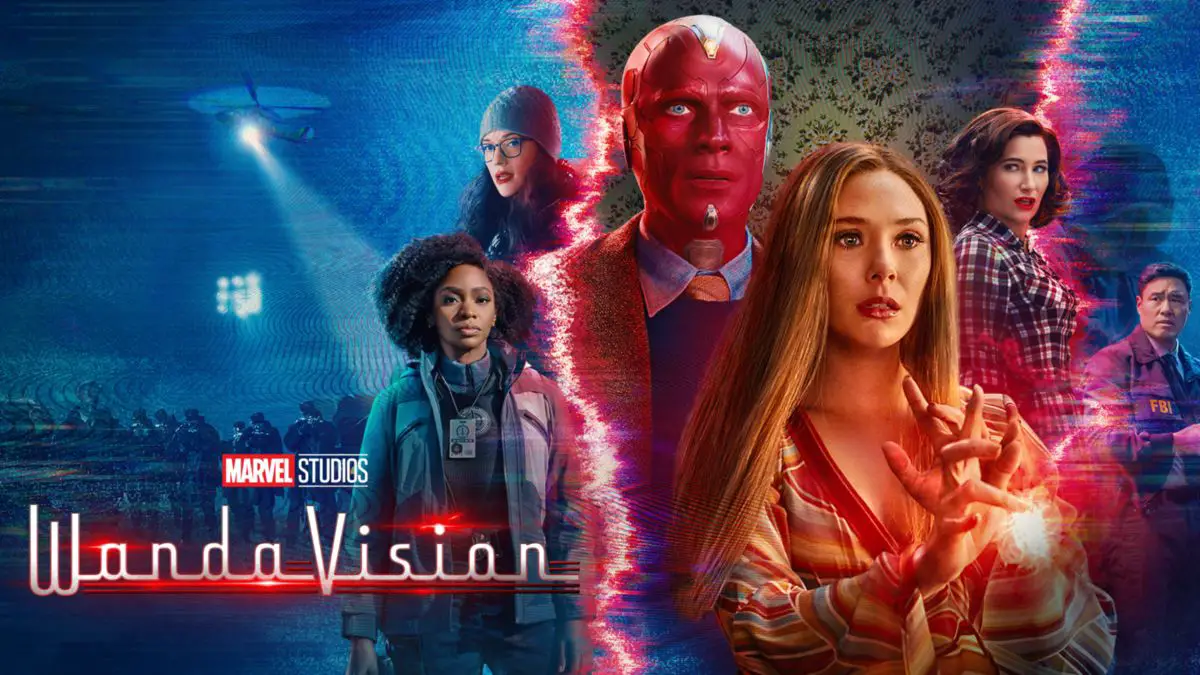The day before the series finale of WandaVision was released on Disney+, the director, Matt Shakman, said in an interview that he felt fans would be “disappointed.” Ostensibly, he was referring to the fact that the crew shot footage that could not ultimately be used, due to the COVID-19 pandemic putting a crimp in post-production. Viewers would have been treated to Señor Scratchy turning into a demon, additional fight sequences, and a larger build-up to the ultimate fight between Wanda and Agatha.
The end result we got was still impressive, but it does raise the question of what could have been. Regardless, I think the director’s statement about fans being disappointed rang true, but for a different reason.
It’s no secret that we live in an age of constant, instant interaction with everyone around us. Social media has created a world where our feedback is not just solicited, but a vital part of entertainment. Creators of TV programs and movies are expected to interact with fans, who crave and seek out as much information as they can. Entire cottage industries are built around being conduits of behind-the-scenes scoops, “first looks,” and the like. The fan-creator feedback loop is an ouroboros, a never-ending loop of discourse, comments, and hot takes.

Not who a lot of people thought he was.
In theory, of course, this is perfectly acceptable – fans have dissected and discussed fiction long before the internet. Book clubs have existed for decades, if not centuries. The issue lies not in the idea, but in the execution. Before social media, these discussions happened long after the work was completed. Even before the internet, when TV shows became water cooler topics, a person had to be in physical proximity with their audience, who shared personal connections with each other.
Now, YouTube channels post videos breaking down potential Easter eggs literal minutes after the credits roll. These videos get likes, comments, and shares at a breathtaking speed, all thanks to the instantaneous nature of social media. And it’s not all positive.
Fans have become conditioned to seek out videos like this because of the aforementioned demand for content. But so much “opinion” material out there has the very real effect of poisoning the well. If you watch enough of these videos, your very perception of the work will become colored by them. In the case of WandaVision, by the time the finale rolled around, it was almost “certain” that Mephisto had a role to play in turning Agatha into a villain, or that Reed Richards was the engineer friend Monica Rambeau spoke of, or that the X-Men would be revealed as occurring in an alternate universe.
I put “certain” in quotation marks because there wasn’t a snowflake’s chance in Hell of Marvel Studios introducing these characters as deus ex machinas in a TV show. But you’d never know that by watching YouTube or reading any number of think pieces dissecting frozen frames. And when those things didn’t come to pass? There’s that disappointment.
We have to let creators create the stories they want to tell. That’s not to say people should be prevented from liking or disliking anything. I’m the last person to force an opinion on anyone. But what is intolerable is this entitlement from fans that the stories be written the way they want them to be. The voice given to fans through social media should not be used to control writers and directors. Stop encouraging these types of interactions – they exist solely because they get results. If you deprive them of oxygen, they will die.
Again, I have to be clear that we’re still allowed to be disappointed if a story fell flat, or didn’t organically go where you thought it could have. But this notion that a movie/TV show was bad because it didn’t tell the story that someone on social media convinced you it should have is toxic to fans, and it’s even more toxic to creators. Eventually it will lead to a mass homogenization of storytelling, all seeking to please the lowest common denominator. We deserve better stories, and we deserve better fans. We all have it in us to be better fans.

Come on, now. (thedirect.com)
And if you want to tell a different story? That’s what fan fiction is for. Write enough of it, and who knows? You might end up becoming the next E.L. James – for better or worse.
Anthony Sytko co-produces the Capes on the Couch podcast, which analyzes the psychiatric and mental health issues of superheroes.
Join the AIPT Patreon
Want to take our relationship to the next level? Become a patron today to gain access to exclusive perks, such as:
- ❌ Remove all ads on the website
- 💬 Join our Discord community, where we chat about the latest news and releases from everything we cover on AIPT
- 📗 Access to our monthly book club
- 📦 Get a physical trade paperback shipped to you every month
- 💥 And more!














You must be logged in to post a comment.